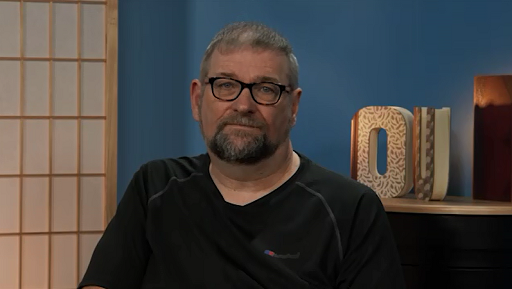4 Policy or practice focus, or a mixture?
The case studies in the previous section offer contrasting professional disciplines and subject matter: social work with older people, promoting public health through smoking cessation and mental health in later life. Each of the literature reviews we featured have been published or presented at different times for different purposes. A fundamental distinction in purpose is whether a review is concerned with policy or practice. In this section, you’ll look at reviews that focus on policy or practice or a mixture of both, using Jean’s, Julie’s and Adele’s cases.
Activity 2 Bottom-up policy?
Watch this interview with Jean and Julie about their literature reviews.

Transcript: Video 2
In the video, there was a discussion of ‘bottom-up’ policy. What do you think ‘bottom-up’ policy might mean?
Discussion
Hopefully you agree that this interview raised various issues and not just the answer to the activity question.
We can contrast two approaches to evidence-based policy inherent in the discussion with Jean and Julie. You should consider both in framing any investigation. Both Jean’s and Julie’s literature reviews were ‘top-down’ in the sense that they were commissioned by other people to take part in literature reviews. In Jean’s case, it was because the people leading the 21st Century Review were part of her network of shared professional contacts. The 21st Century Review Group needed the evidence about social work with older people. In Julie’s case, her managers asked her to review the evidence for ‘what works’ relating to smoking cessation in pregnancy. A matter of public health. Her employers, first the NHS and then, following the 2012 Care Act, local authorities, (Northern Ireland, Scotland and Wales arrange public health services differently) wanted an effective policy to help pregnant women stop smoking.
This can be contrasted with ‘bottom-up’ evidence-based policy, in which a practitioner might take note of a broad policy that affects their workplace and ask questions about it. For example, Jean noted that integrated health and social care is favoured in different jurisdictions, although she knew more about it in Scotland. Jean suggested that a practitioner might be interested in the evidence of effectiveness of integration, and what factors made it successful, to inform the local implementation of integrated care. Can you identify a broad policy of interest that fits your investigations?
You will now look at what our contributors said about each of their literature reviews.
